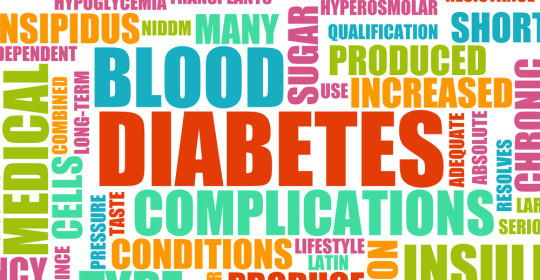
Diabetes and heart
The term “diabetic heart disease” (DHD) refers to heart disease that develops in people who have diabetes . Compared with people who don’t have diabetes, people who have diabetes.
. Compared with people who don’t have diabetes, people who have diabetes.
- Are at higher risk for heart disease
- Have additional causes of heart disease
- May develop heart disease at a younger age
- May have more severe heart disease
What Is Diabetes?
Diabetes is a disease in which the body’s blood glucose (sugar) level is too high. Normally, the body breaks down food into glucose and carries it to cells throughout the body. The cells use a hormone called insulin to turn the glucose into energy.
The two main types of diabetes are type 1 and type 2. In type 1 diabetes, the body doesn’t make enough insulin. This causes the body’s blood sugar level to rise.
In type 2 diabetes, the body’s cells don’t use insulin properly (a condition called insulin resistance ). At first, the body reacts by making more insulin. Over time, though, the body can’t make enough insulin to control its blood sugar level.
). At first, the body reacts by making more insulin. Over time, though, the body can’t make enough insulin to control its blood sugar level.
For more information about diabetes, go to the National Institute of Diabetes and Digestive and Kidney Diseases’ Introduction to Diabetes Web page.
Web page.
What Heart Diseases Are Involved in Diabetic Heart Disease?
DHD may include coronary heart disease (CHD), heart failure, and/or diabeticcardiomyopathy (KAR-de-o-mi-OP-ah-thee).
Coronary Heart Disease
In CHD, a waxy substance called plaque (plak) builds up inside the coronary arteries. These arteries supply your heart muscle with oxygen-rich blood.
Plaque is made up of fat, cholesterol, calcium, and other substances found in the blood. When plaque builds up in the arteries, the condition is calledatherosclerosis (ATH-er-o-skler-O-sis).
Plaque narrows the coronary arteries and reduces blood flow to your heart muscle. The buildup of plaque also makes it more likely that blood clots will form in your arteries. Blood clots can partially or completely block blood flow.
CHD can lead to chest pain or discomfort called angina (an-JI-nuh or AN-juh-nuh), irregular heartbeats called arrhythmias (ah-RITH-me-ahs), a heart attack, or even death.
Heart Failure
Heart failure is a condition in which your heart can’t pump enough blood to meet your body’s needs. The term “heart failure” doesn’t mean that your heart has stopped or is about to stop working. However, heart failure is a serious condition that requires medical care.
If you have heart failure, you may tire easily and have to limit your activities. CHD can lead to heart failure by weakening the heart muscle over time.
Diabetic Cardiomyopathy
Diabetic cardiomyopathy is a disease that damages the structure and function of the heart. This disease can lead to heart failure and arrhythmias, even in people who have diabetes but don’t have CHD.
More Articles
-
Cure for gray hair
To get rid of gray hair you need a combination of internal and external treatments.
-
Generics strategies
Donec ipsum diam, pretium mollis dapibus risus. Nullam dolor nibh pulvinar at interdum eget.
-
Consumption mortality
Donec ipsum diam, pretium mollis dapibus risus. Nullam dolor nibh pulvinar at interdum eget.
-
Muscle fitness
Alternating heavy weights and high reps gives your muscles no choice but to grow.
